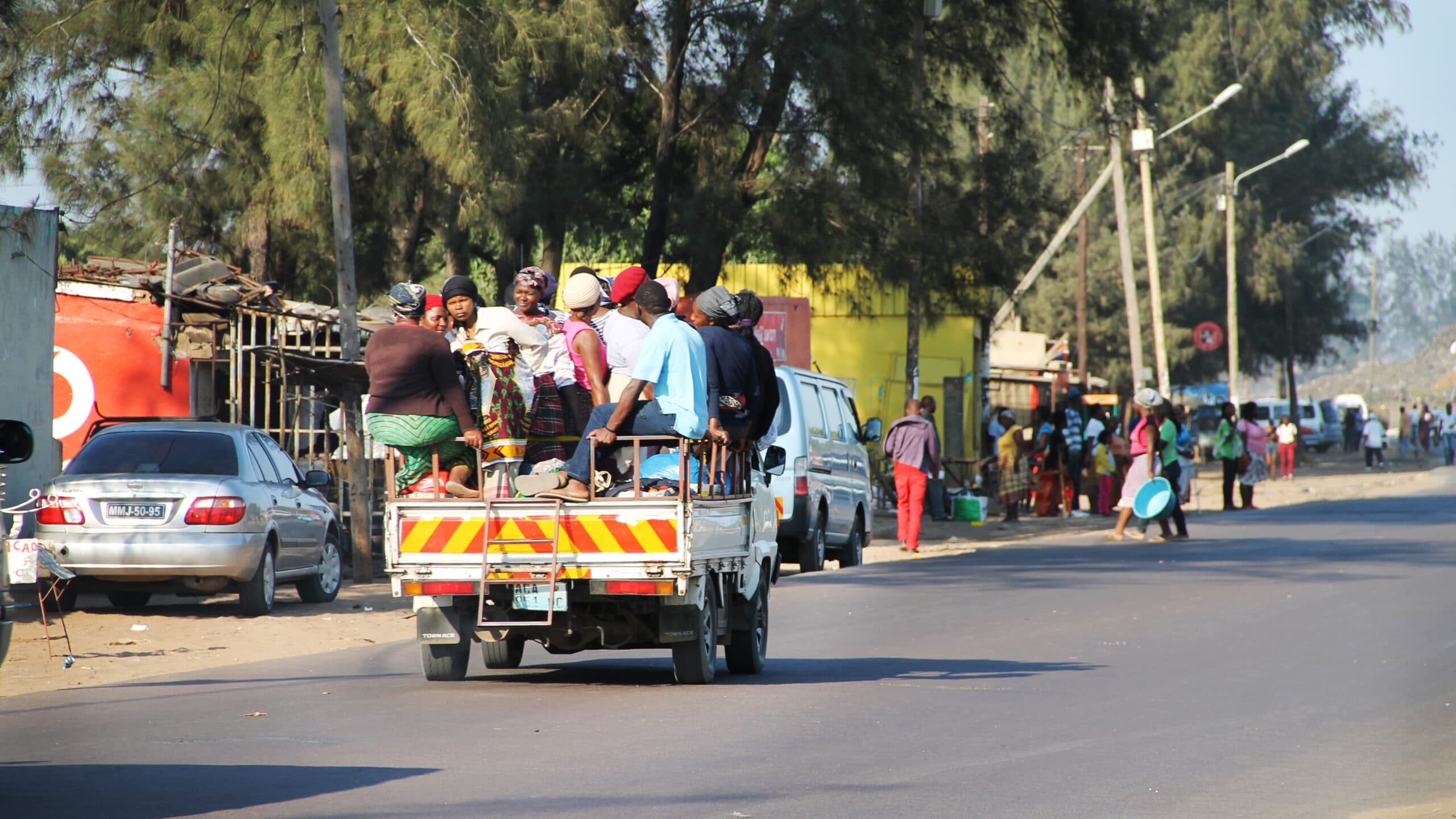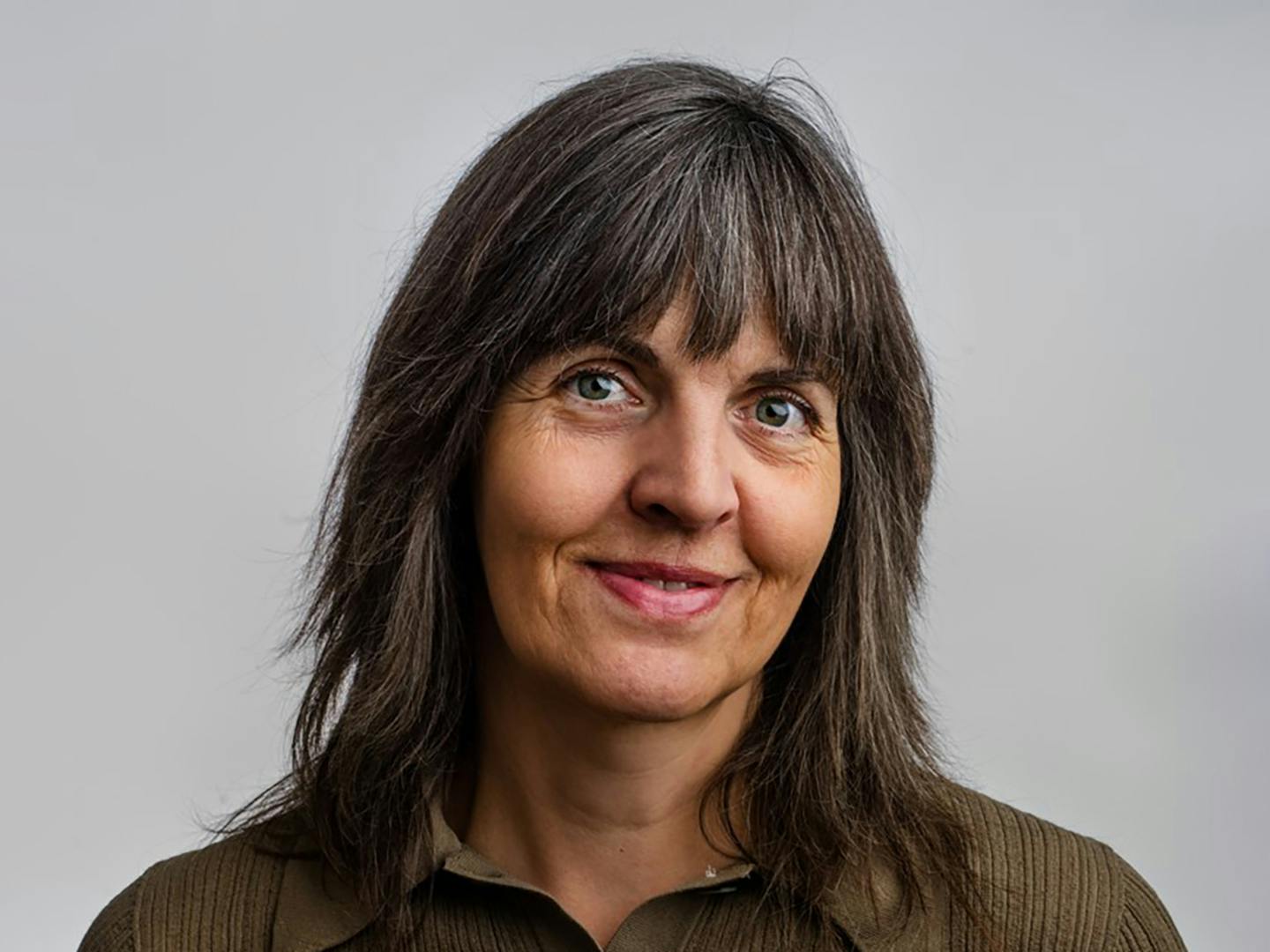
News & Publications
On this page you will find our latest news and publications. Diakonia regularly participates in and produces in-depth reports, briefs and studies regarding development aid and our thematic focus areas. For more information, please contact our media relations officer.

Filters
Category
Topic
Latest